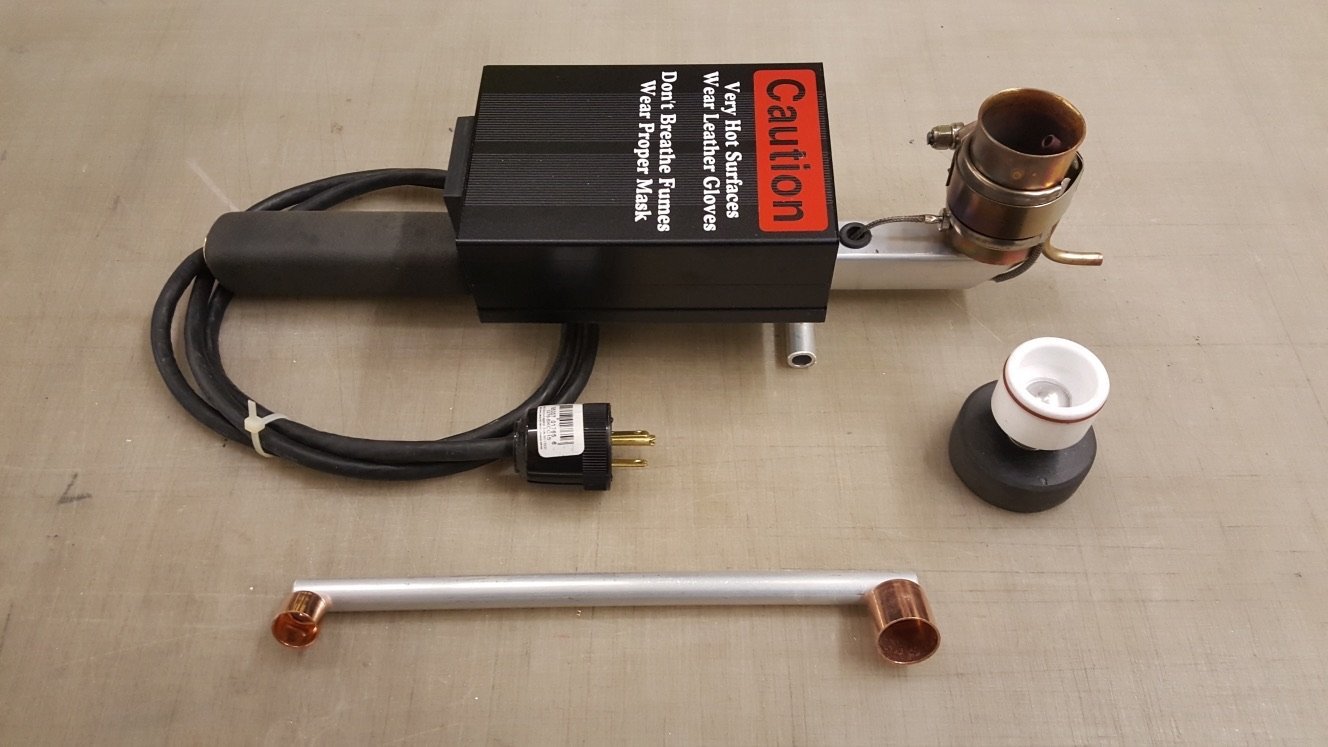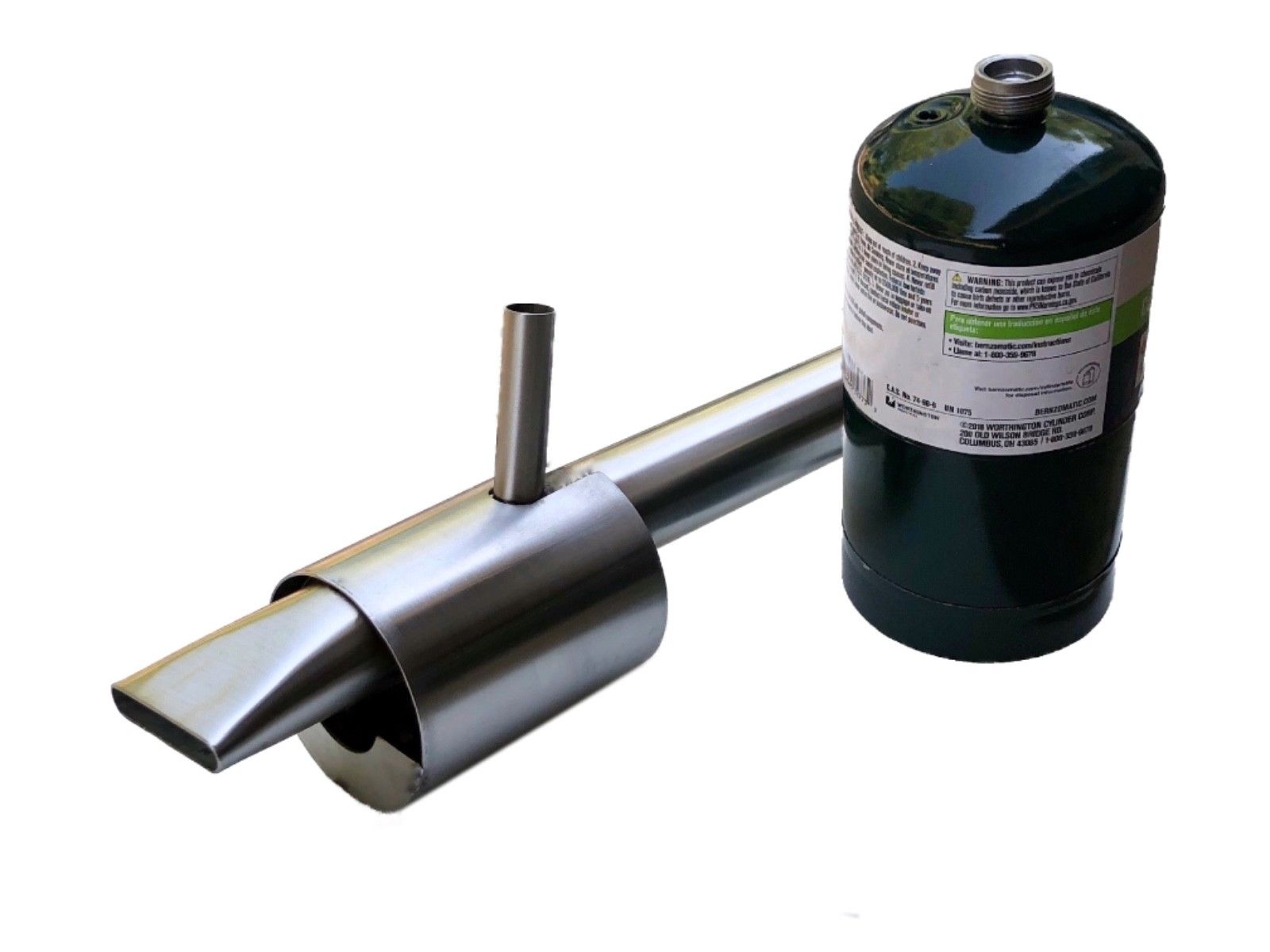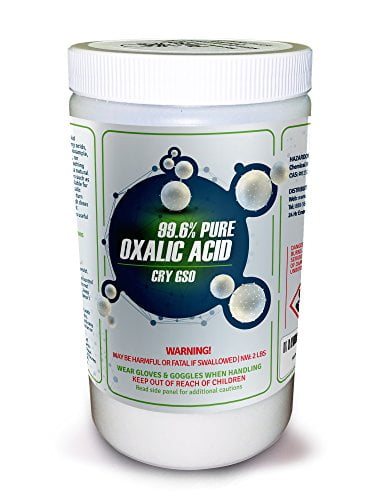

The benefit of doing this, whether you decide to actually get you license or not, is that you become aware of the need to protect yourself, family and employees, from the risks associated with exposure to the pesticides we are now using to keep our bees healthy. The cost is minimal and your license is good for three years with a one day on going education requirement for renewal and of course a small fee. From this page you can order your study guide going to the bottom of the center page choice box and selecting “Pesticide Exam Study Materials” and schedule your exam by choosing the “Online Exam Registration” box. Go on line to w./spcap/ pesticides/index.htm. The Private Applicators License requirements are rather simple. Awareness to my previous neglect came from the education I received while studying for the Private Pesticide Applicators license, one of the many choices of Sub-Specialties I could pursue and hoped to achieve working on the MBP.


Sadly, although I read the labels regarding application strength and/or length of time/exposure for treatment, I paid virtually no attention to the effect the pesticide being applied to the bees might have on me or the environment. I listen and then chose what I thought best for my bees and my situation. Herbicides, Insecticides, Fungicides, Miticides, Bactericide, plus others are all consider Pesticides.Īs a beginning beekeeper, my many mentors, to whom I am so grateful, shared their approaches to keeping healthy bees. The NC Pesticide Applicator Certification Core Manual states, “A pesticide is any substance that is used to kill a pest or prevent or reduce the damage it may cause”.

Until the time comes when hygienic behavior is predictable, many of us see the path to sustaining healthy productive bees requires treating them with pesticides when their condition dictates it is necessary. Most beekeepers acknowledge that the best course of action to keep our bees healthy is to promote hygienic behavior, allowing our bees to succeed either by resisting a disease or pest, or coexisting with them. I didn’t recognize the inadequate way I was dealing with the safety and responsibility of applying, handling, storing and disposing of those pesticides I find important to keep my bees healthy. What I didn’t know was how it would direct me to areas that I didn’t know, I didn’t know. When I started in the NC Master Beekeeper Program, (MBP), I knew I had a lot to learn about beekeeping. Doug Galloway Application Safety And Responsibility


 0 kommentar(er)
0 kommentar(er)
